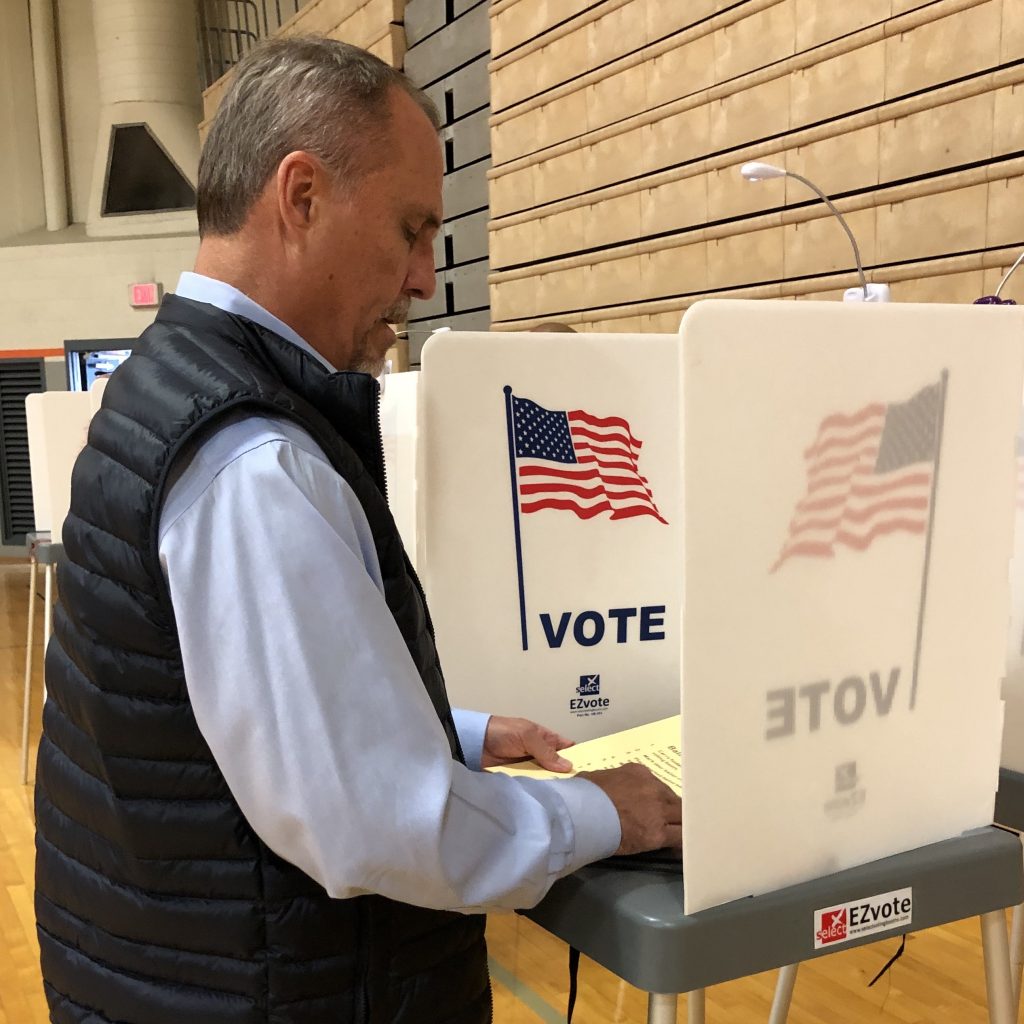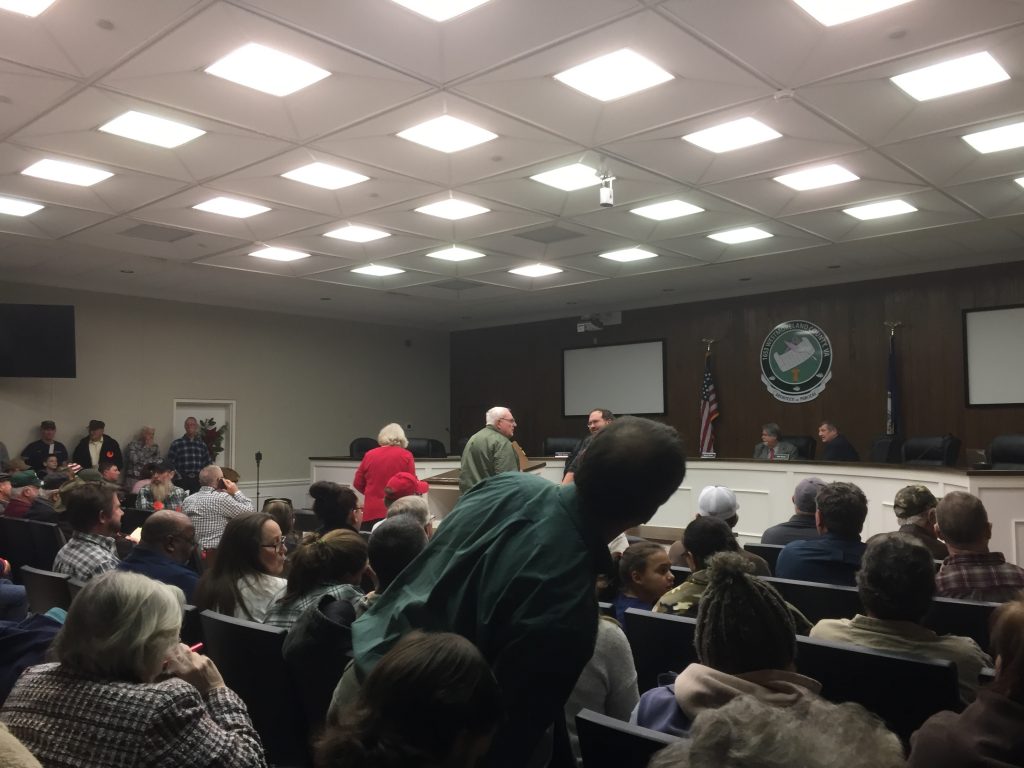
Photo Credit: R. Stanton Scott
An authoritarian figure who has joked about being President for life runs the Federal Government during a pandemic that could literally kill millions of Americans and disrupt society for months. States are postponing primary elections and struggling to figure out how voters can cast ballots while keeping social distancing. Understandably, some people worry that Donald Trump might take advantage of the crisis to stay in power.
Lots of journalists have written about this, including Evan Halper in the LA Times, Blake Rutherford for The Hill, and Chris Cillizza for CNN. The general assessment boils down to “Trump may be desperate with the economy in the tank but has no power to postpone elections. His term ends on 20 January 2021 even if he could, and the Presidential Succession Act kicks in if he isn’t reelected or replaced through a Constitutional election before that time.”
These discussions focus narrowly on two questions: whether States could physically hold elections during a pandemic using modern systems and what would happen if they couldn’t. Most agree that elections can take place if state legislatures hurry up and figure out how to use expanded absentee voting, other voting by mail systems, or even the internet. They also think that if for some reason elections cannot be held, someone other than Trump would take power based on existing statute.
What none of these articles mention is the Electoral College and the role of state legislatures in choosing these Electors. This is the group that actually elects the President, as we found out the hard way in 2016. These days voters choose these Electors by casting votes at polling stations or by mail because state legislatures want it that way – this is not a Constitutional requirement. This means that elections for President and Vice President can take place as long as state legislatures can meet and choose Electors before Election Day.
Continue reading
